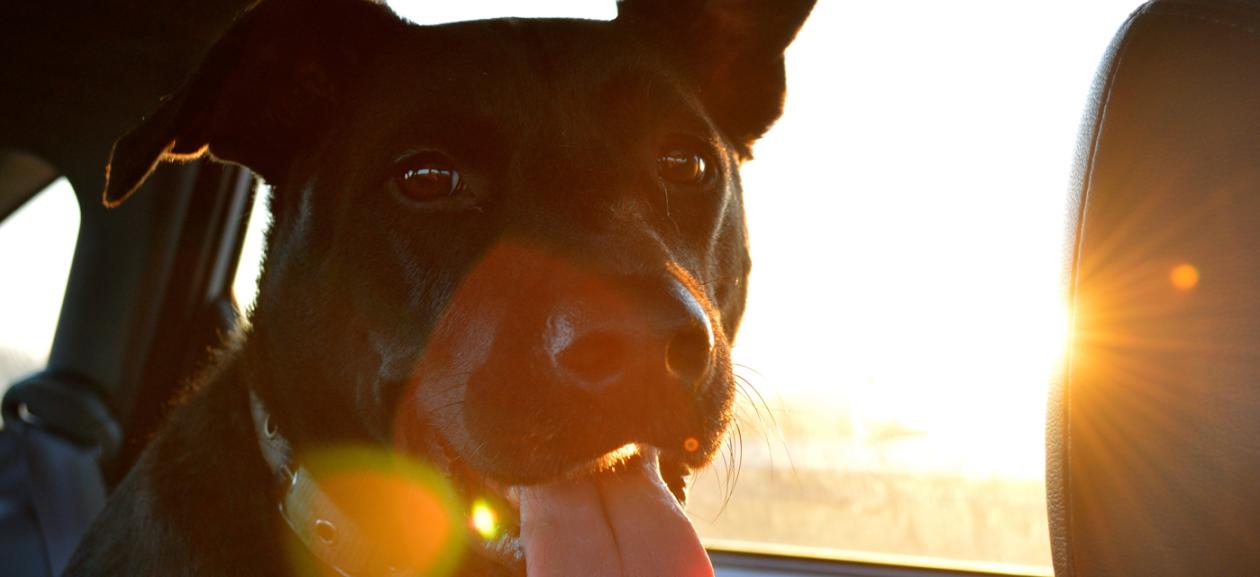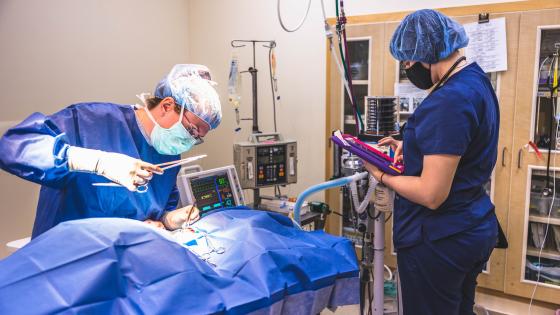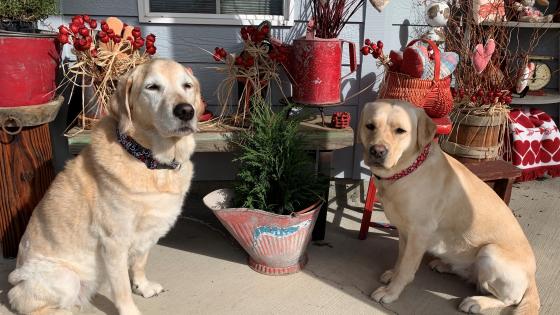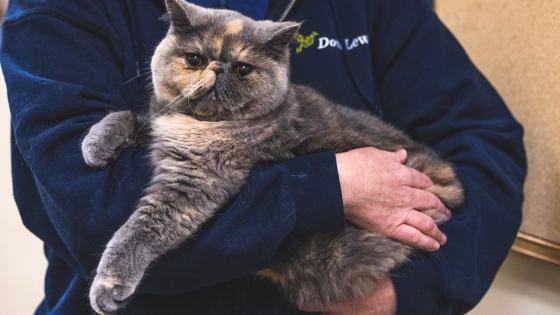
Is Your Pet Prepared for the Total Solar Eclipse?
PORTLAND, Ore. – It is a once-in-a-lifetime celestial event for Oregonians, but what about for Oregon’s pets? With reports of an estimated one million people traveling to the path of totality and concerns over traffic congestion, doctors at DoveLewis Veterinary Emergency and Specialty Hospital are reminding pet owners to plan for their pet’s care by being as informed and proactive as possible.
The influx of visitors and travelers may make it difficult for pet owners to reach their regular veterinary clinic, or their pets may experience distress while away from home. “Changes in routine can be stressful to animals, so being prepared is the best thing you can do for your pet.” says DoveLewis’ Dr. Coby Richter. “Know which emergency veterinarians are in your area, bring copies of your pet’s registration and vaccines, and pack a basic pet first aid kit for your car.”
How to Prepare for the Eclipse:
- Pack a pet first aid kit. Keep a first aid safety kit at home and in your car. Make sure to include essential medical record information, including your pet’s name, age, breed, gender, microchip number, vaccine history, and any pre-exiting health problems. First aid is not a substitute for veterinary care, but it could save your pet’s life or prevent further injury until you see a veterinarian. See a full list of recommended supplies.
- Update your pet’s microchip and tags. August 15 is National Check the Chip Day, so use it as an opportunity to make sure your contact information is accurate for a better chance to be reunited if your pet is lost. Get tips on updating your pet’s microchip.
- Keep important phone numbers on hand. Add the following organizations’ phone numbers to your phone contacts and include them in your pet first aid kit: DoveLewis Veterinary Emergency and Specialty Hospital (503-228-7281) and Animal Poison Control Center (888-426-4435).
- Know where you can take your pet for emergency veterinary care. If you are out of town, keep a list of clinics in the area. If you are staying in town, consider alternative routes in case of traffic congestion. DoveLewis is open 24/7 every day of the year.
- Practice car safety. Pets should be crated or restrained when riding in a car. They should not ride in the front passenger seat or in the back of open pickup trucks, and they should not stick their heads out of the window.
- Never leave a pet in a car on a warm day. Even with the windows cracked, it can only take a few minutes for the temperature in a vehicle to rise to heatstroke-inducing levels.
- Plan for traffic. Pack extra supplies of pet food and water in case you are stranded or delayed. Stop at least every three to four hours for adult dogs and every two hours with puppies to let them walk on a leash.
- If your pet is staying home, plan for delays. Make sure the person caring for your pet at home is available for extended hours in the event of a traffic delay.
“Traveling with pets on road trips can be fun, safe and stress free if you plan and prepare for emergencies,” says Dr. Richter. “With the added excitement and logistics around the eclipse, planning ahead is critical—even if the plan is to stay home!”



